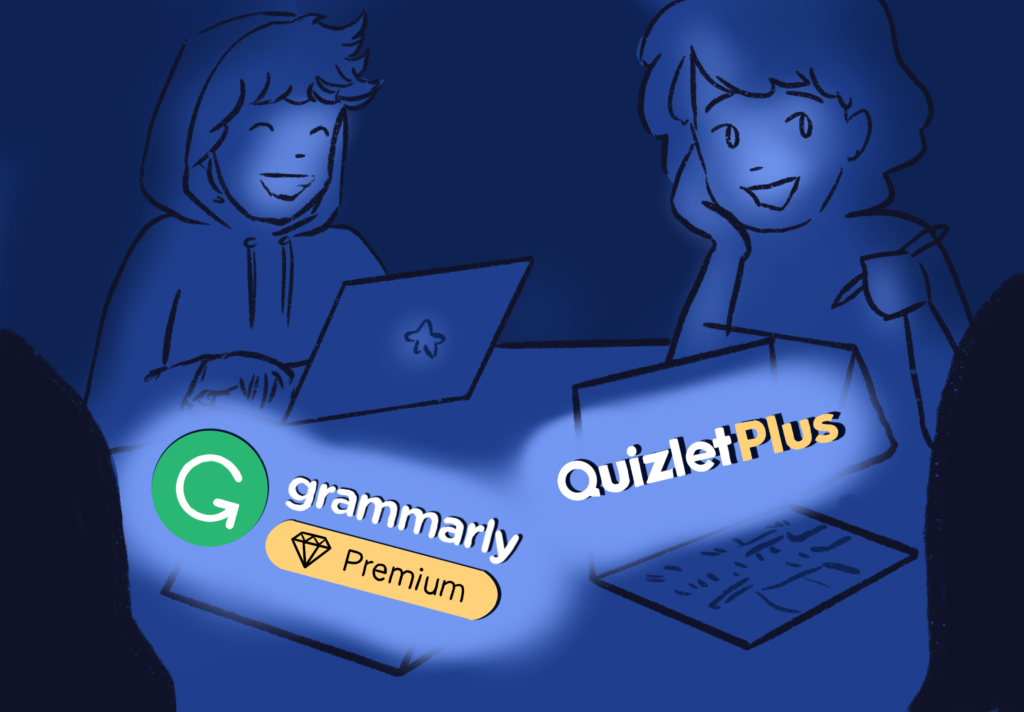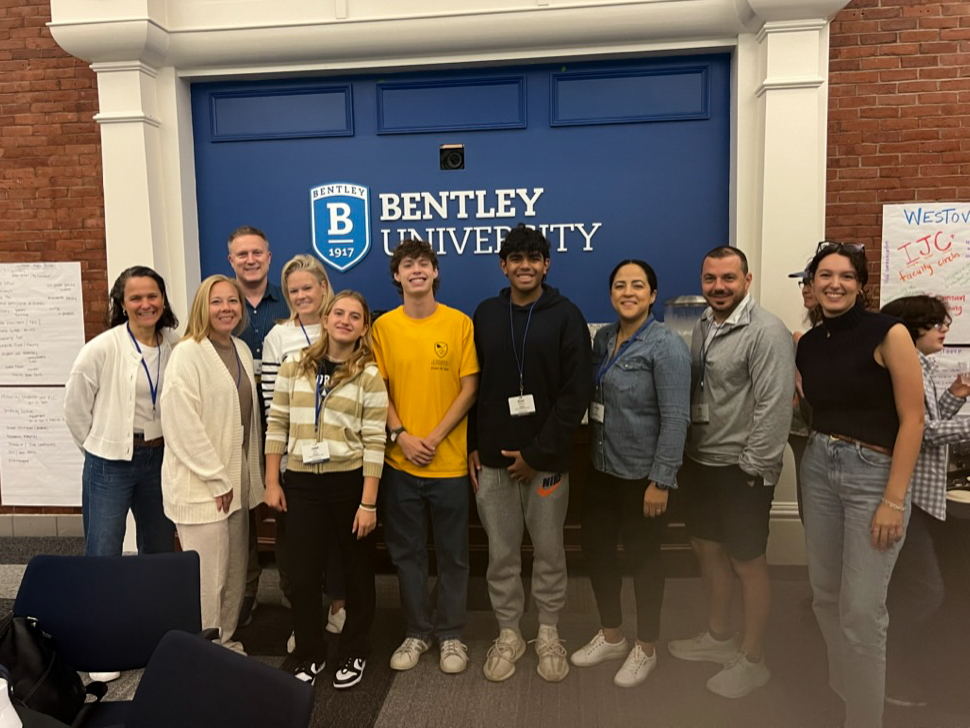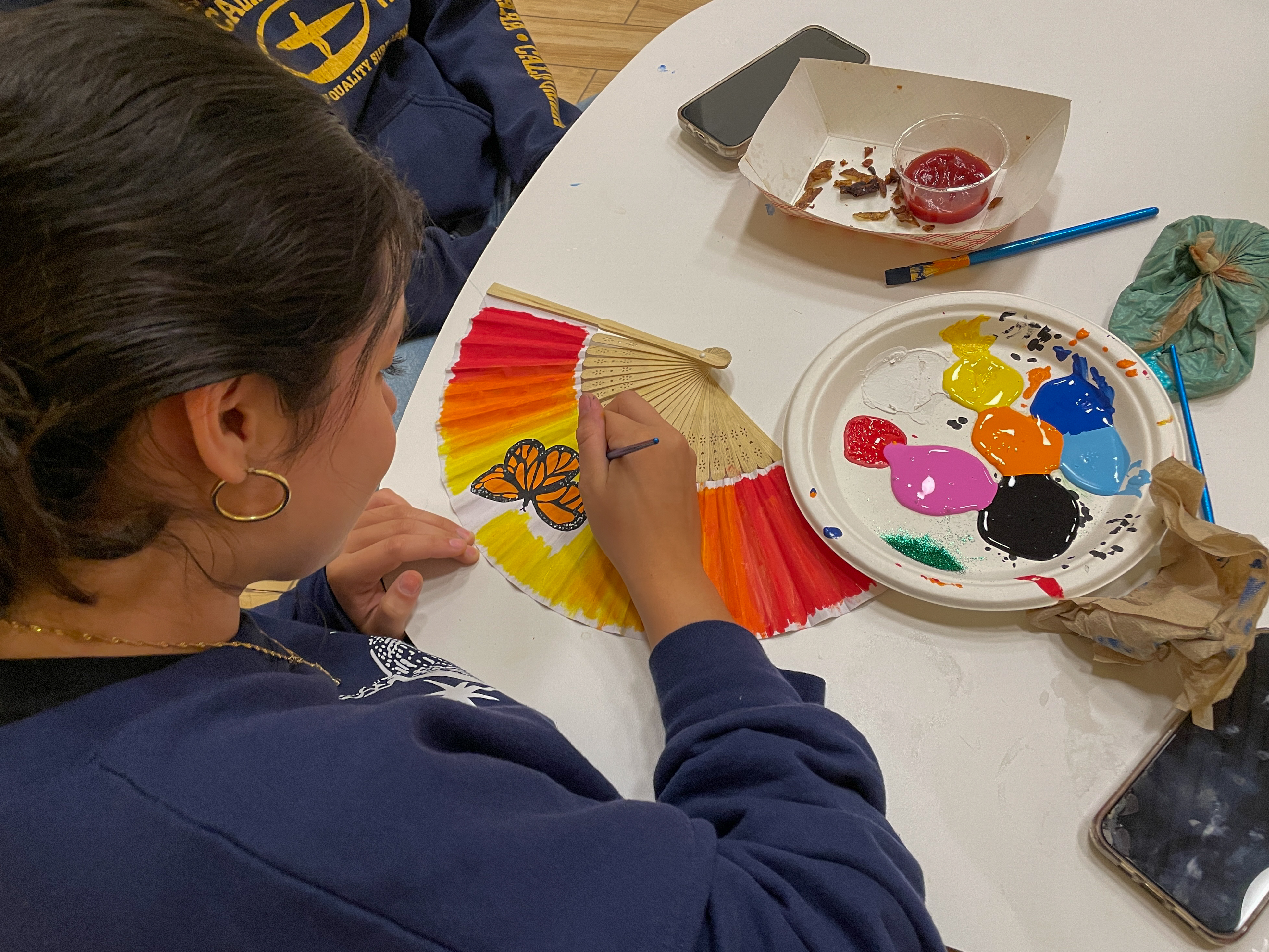
The Student Activities Center is no longer accepting proposals for publications. Photo by Joseph Coyne/The Choate News.
The Student Activities Center (SAC) and the Committee on Student Activities (COSA) have recently decided to stop approving new publication proposals because of a lack of strong content and consistent publishing.
Still, many students believe that student publications comprise an essential part of campus life, allowing students a place to showcase their hard work. Abby Lu ’22 said, “Publications are advocating students’ ideas and giving them a platform. Because there are so many interests that are very diverse, I feel like publications are a way to showcase all these interests in a way that is legitimate and taken seriously.” Mai Ly Hagan ’21, Managing Editor of Voices, added, “That’s what makes Choate really unique — you have all these publications that expose you to new communities.”
While some student publications are highly acclaimed for their quality content and design, “there are some publications that just don’t do anything,” Mr. Jim Yanelli, Director of Student Activities, said. “They have elaborate, multi-tiered, hierarchical mastheads and there’s just no product.”
Ms. Alex Long, Assistant Director of Student Activities, added, “I think the biggest problem is that publications tend to look the same. They’re all the same format, and they’re all printed at the last minute. Publishing at the end of the term on a Friday when everybody is leaving — technically they’re fulfilling their mission, but nobody’s here to read them. The biggest issue we’re having is the print schedule.”
In order to tackle these issues, the SAC and COSA have been working to keep publications more accountable. Starting last fall term, all clubs and publications have been required to submit an end-of-term report summarizing what the club did that term. These reports are then reviewed with the clubs’ constitutions to ensure that clubs are following their mission.
Lily Ding ’20, Editor-in-Chief of High Society, noted, “The SAC and COSA have been making sure that we’re getting things done. They tried to shut us down, but that was kind of like a wake-up call. Now we’re working even harder — this term we put up more posters, held a lot more club meetings, and we did a photo shoot. We’re starting layout earlier. We’re starting the editing process earlier. We’ve been pushing for submissions from a wider group of people. It was really helpful knowing that if we don’t do what we say we aim to do, our club isn’t going to be a club anymore.”
Despite these attempts to keep clubs and publications more accountable, managing and ensuring the quality and accountability of existing publications has taken a toll on the SAC and COSA. Because of various issues, they made the announcement that they were no longer approving new publications.
Instead, as Ho Jin Jang ’21, a member of COSA, put it, “COSA is currently devising a guidebook for publications outlining specific qualities that publications should demonstrate in order to make them more successful and effective in our community.” One important guideline is that publications will no longer be able to print in the last week of the term.
Regarding reasons for this new decision, Mr. Yanelli commented, “I’m of the opinion that we have far too many publications, many of them managed by a small group of friends that don’t really represent the best that we can produce in terms of layout, timeline, organization, peer editing, all those kinds of steps that I think are key to publications.”
Some students especially passionate about the vibrancy and diversity that student publications bring to campus life were disappointed with this new decision. Hagan said, “I don’t really see the reason for having to cut publications down. I think they all provide something new and provide a different unique aspect of the Choate community.”
Ding said, “By cutting off any new proposals I think the SAC is limiting themselves because someone could come up with a really great idea. Just because five publications aren’t pulling their weight doesn’t mean that a new one won’t. If anything, I think that consolidating the amount of publications already in existence and then being very selective with the publications that are getting accepted would be better.”
Mr. Yanelli responded, “I see myself as an advocate for the student who is trying to join an active club. There are young kids here eager to do better work than juniors and seniors are doing, and they are stymied because we have a club that has a certain realm in which it functions, and COSA is not prepared to have a second club doing the same, overlapping work.”
This is the first time that COSA and the SAC have tried giving publications regulations, although the SAC has encouraged clubs to publish earlier and publish more often in the past. Those efforts had no effects, pushing the SAC to adopt these regulations. Hagan said, “I think it would be interesting to have an advising board with someone who knows a lot about layout and someone who knows a lot about editing. If COSA had a group geared toward publications that hosted workshops and did more advising, then I think we could have a better publication community.”
Ms. Long simply hopes that clubs will stay more accountable. “I just want clubs to do what they say they’re doing,” she said, “and if they’re not, I want leaders to know that it’s okay to back down and maybe pull the plug on a club. It doesn’t mean that they failed. It just means that it’s okay to pull back.”




